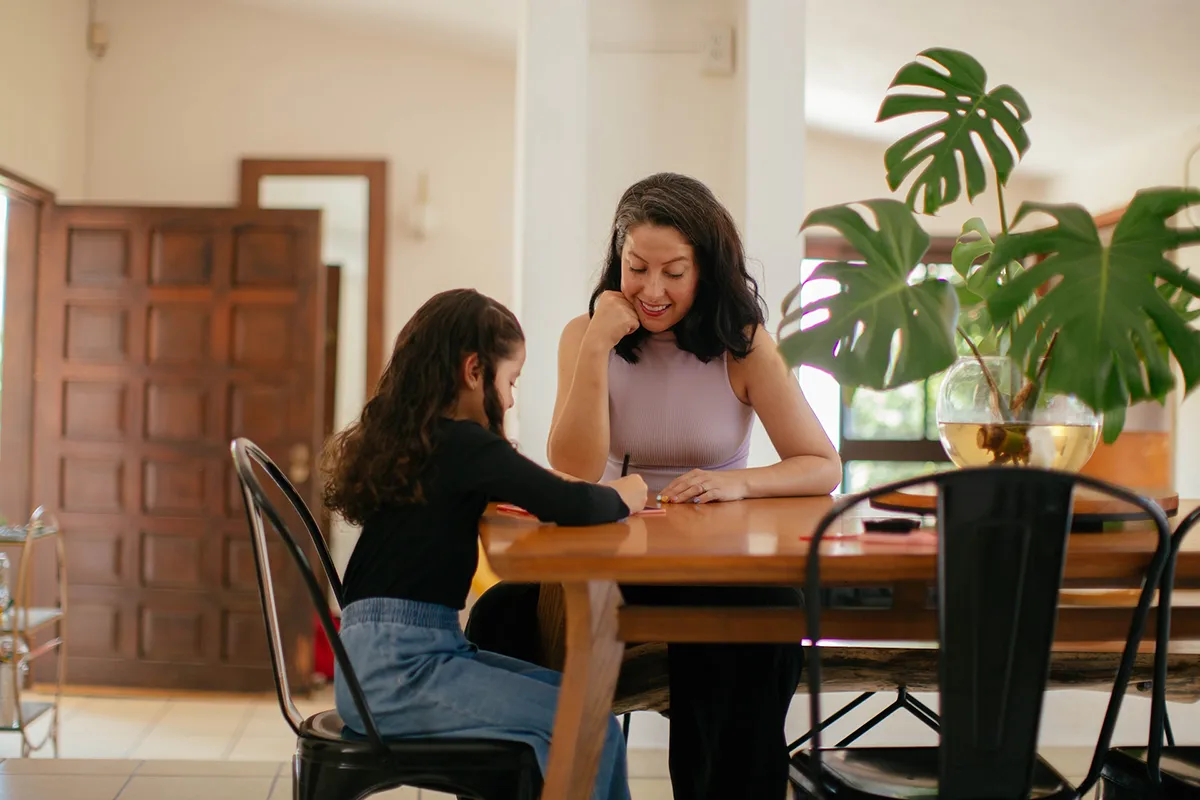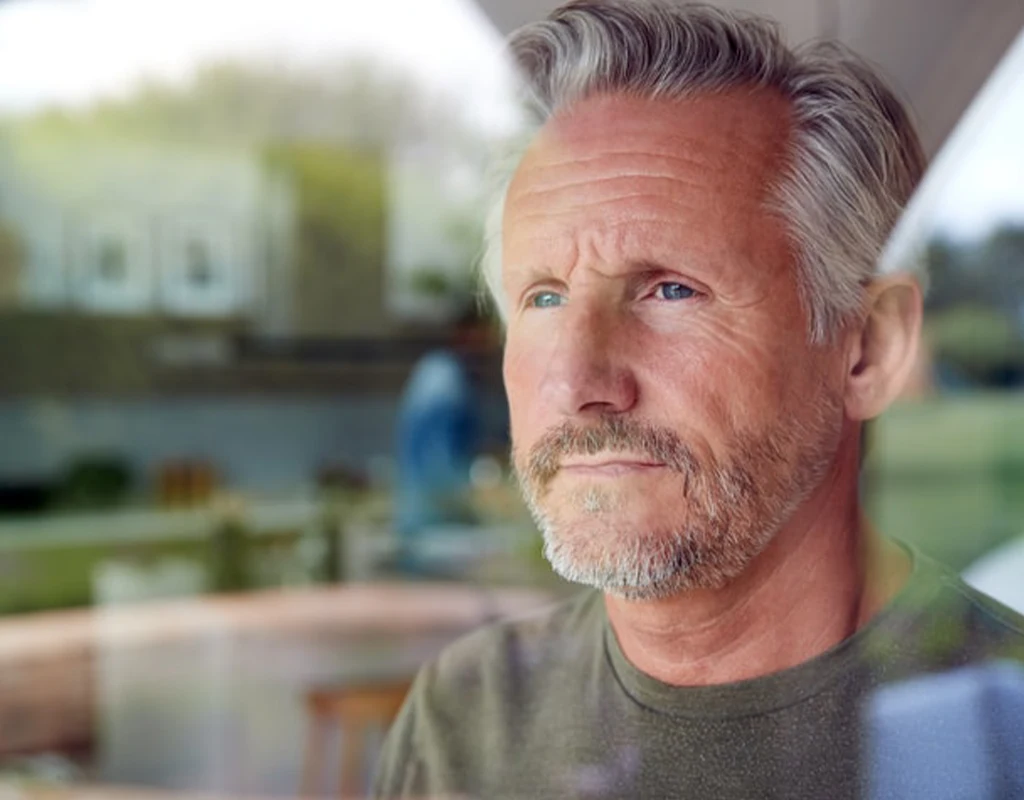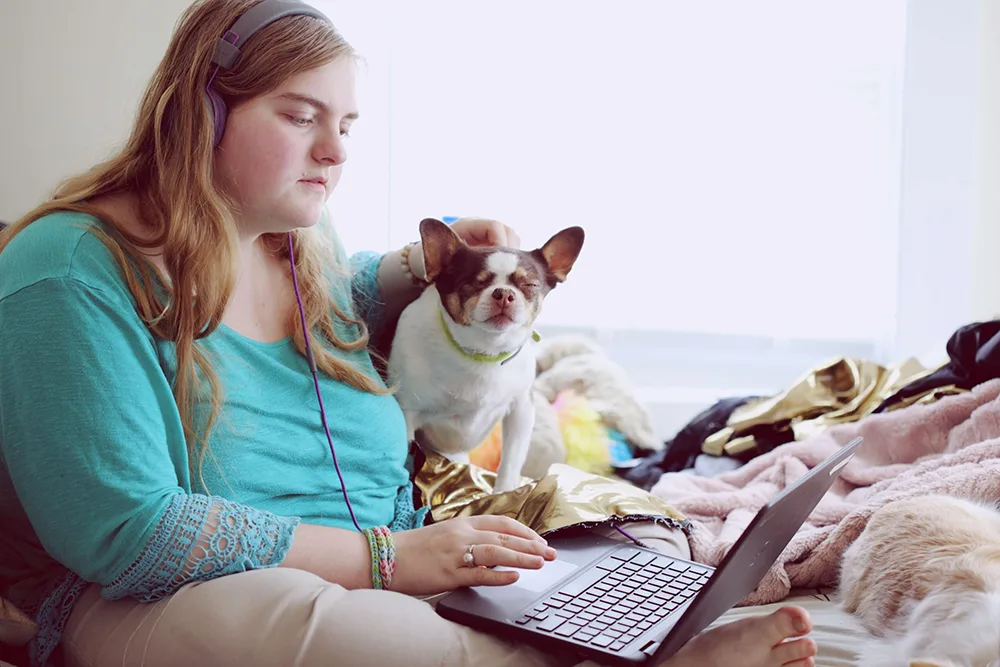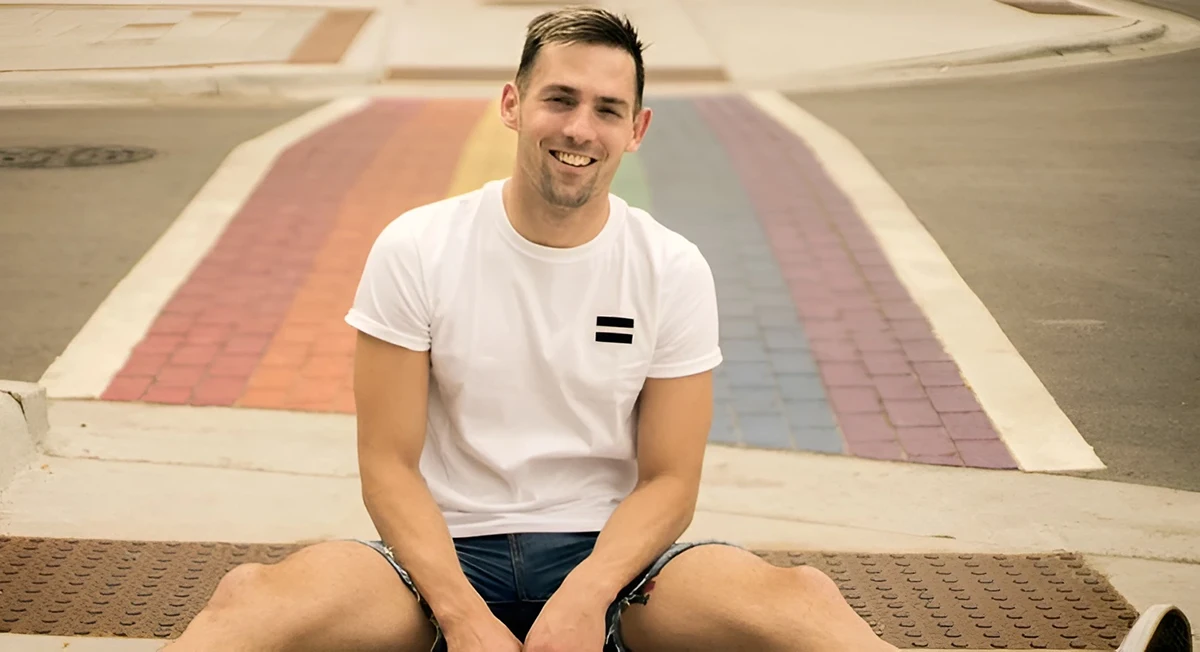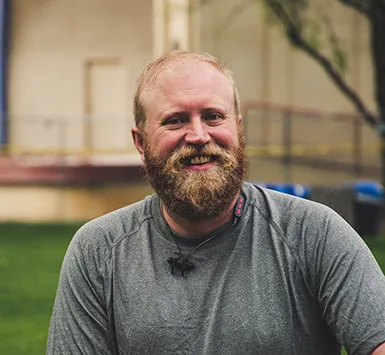NDIS support for parents
Parenting is a hard job, and it’s also an important one. As a parent, you are responsible for ensuring your child is well cared for, as well as nurturing their development. And just when you think you’ve got it under control, their needs change and you need to learn new skills and strategies!
All parents need support for raising their children, and when parents are well-supported, children benefit too.
Disability can add an extra layer of difficulty, whether the parent has a disability, or the child – and sometimes, several members of a family have a disability. In any of these situations, it’s worth looking into the NDIS family support available.
In this guide to NDIS parenting support, we’ll look at the ways in which the NDIS can support both parents with a disability, and parents of a child (or children) with a disability.

NDIS support for parents with a disability
According to the Independent Advisory Council to the NDIS, in 2015 there were 340,000 Australians who had a disability and were primary carers. Many of these are NDIS participants who are parents.
Having a disability does not reduce a person’s ability to parent effectively!
How do parents get support under NDIS?
NDIS participants who are parents can use their NDIS plan to get parenting support. If you have ‘support for parenting’ listed as one of the goals in your NDIS plan, you can include funding for the relevant supports in your plan. NDIS funding for family support might include the following services:
A dietitian can help you work out what food to give your child.
An occupational therapist can help you learn how to make your home a safe place for you and your child.
A psychologist can listen to you and help you when you’re feeling worried or anxious about parenting.
A speech therapist can help you learn how to talk with your child.
A support worker can help you make appointments for your child and take you to the appointments.
A counsellor can help with family relationships, and managing emotions associated with parenting.
Talk with your NDIS planner or local area coordinator (LAC) to discuss what NDIS parenting supports might be available for you and your situation.
If you’re not in the NDIS, you’ll need to apply for a plan. Check the NDIS website or talk to your GP or other health/disability professionals about whether you might be eligible.
Other support for parents with a disability
There are some specialised services and resources for parents who have a disability:
Raising Children has information about parenting with an intellectual disability.
Children of Parents with a Mental Illness is a dedicated online resource for parents who have a mental illness, as well as their children.
The Ability Rights Centre in New South Wales provides a free service to assist people with intellectual disability who have either had their children removed from their care by Family and Community Services, or who are at risk of having their children removed in NSW
There is more information about parenting support services at the end of this guide.
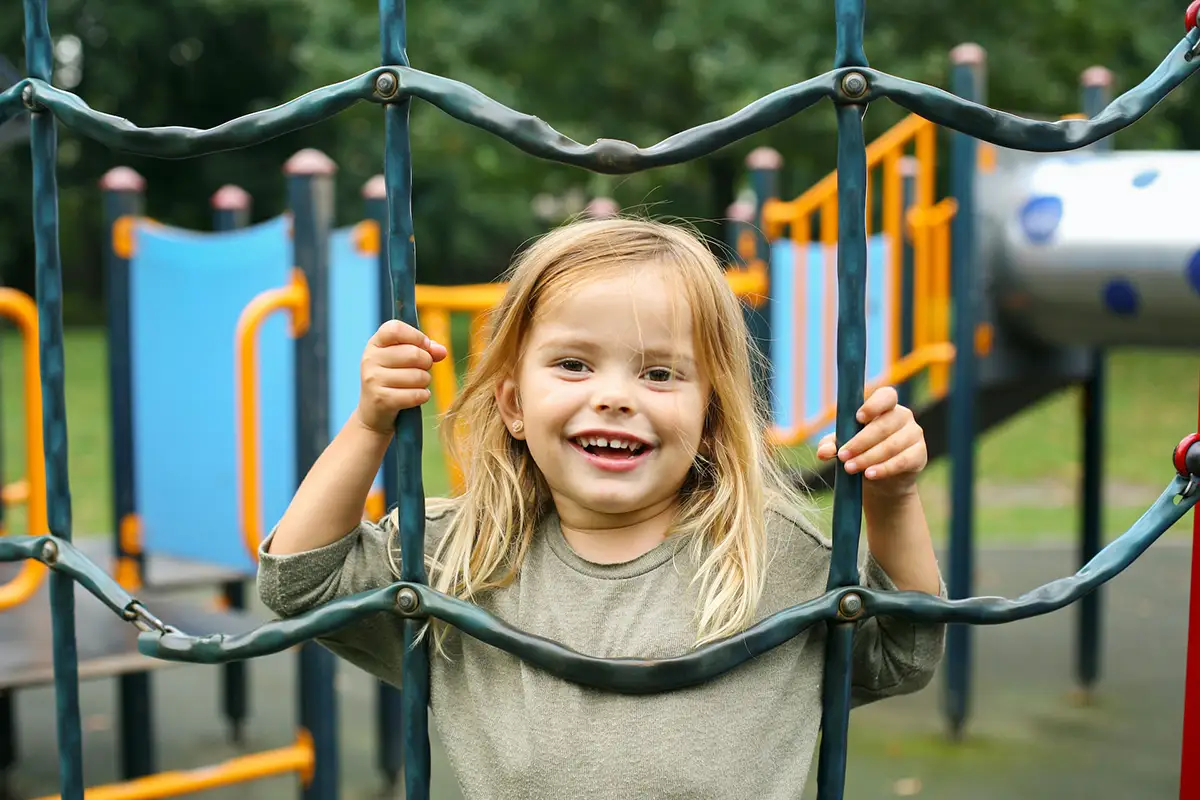
Support for parents of a child with a disability
Parenting a child with a disability can bring a unique set of parenting challenges, and these will change over time as your son or daughter grows older. From early childhood through to adulthood, there are different considerations and different support needs – for them but also for you, as a parent. Here, we look at different types of disability support for families.
NDIS early childhood
The NDIS early childhood approach supports children and their families to access the right support when they need it, for children younger than 6 with developmental delay or children younger than 9 with a disability.
The approach helps the child and family to grow and learn and supports greater inclusion in community and everyday settings, like home and school.
A child’s early years set up how they will learn and develop later in life, so the NDIS early childhood approach aims to give children and their families the right supports so the child can have the best possible start.
In many areas around Australia, early childhood partners are available to help you get the support your child needs through the early childhood approach. Early childhood partners are professionals with experience working with children younger than 6 with developmental delay and younger than 9 with disability. They focus on delivering family-centred supports.
Early childhood partners are teams of early childhood professionals, such as occupational therapists, speech pathologists and early childhood educators.
Children younger than 6 do not need a formal diagnosis to get support through the early childhood approach where there are concerns about their development. Your early childhood partner will work with you to gather information about your child and use it to evidence if your child meets the criteria for developmental delay.
Children who are over 9 can also access NDIS support through local area coordination partners, who will work with you to understand your child’s needs and connect you to mainstream and community supports in your area. They can also help you see if the NDIS is right for your child.
Supporting a child with a psychosocial disability or mental health condition
Children with disability or chronic conditions are more likely to experience mental health conditions like depression than others their age.
According to Raising Children, this can be for many reasons. For example, children with disability or chronic conditions might:
often be in pain
feel different from their peers
feel that their condition gets in the way of daily life
experience bullying
struggle with schoolwork
experience difficult medical procedures.
It can also be more difficult to realise when a child with a disability is experiencing poor mental health, because their existing condition can mask some of the symptoms, like low energy, poor appetite and sleep problems.
Some other signs to look out for include your child:
feeling different from their peers
feeling that they can’t connect with others because of their experiences of disability or illness
saying things like ‘I’m not good enough’
complaining that they can’t play sport or do schoolwork like their peers
not taking medications or refusing to do other treatments like physiotherapy
complaining about pain more than usual, including headaches or whole-body pain.
Raising Children suggests several practical things you can do to support your child with disability or a chronic condition through depression.
Many of these are the same things you’d do for any child with depression, such as modelling positive thinking, managing your child’s stress and making time for talking.
There are some extra things you can do to help your child with disability or a chronic condition.
Relationships and feelings
Help your child think beyond their health. What are they good at? Where can they succeed? What’s important to them?
Look into peer networks for children with disability or chronic conditions. This can give your child the chance to socialise with children with similar experiences.
Develop a plan that helps your child keep up with schoolwork and friends if they’re away for treatments.
Support your child’s friendships and help them find ways to make and maintain new relationships. For example, you could invite friends over or organise activities.
Encourage your child to tell trusted friends about their disability or condition. This can strengthen their friendships and help them feel more supported.
Help your child work out what soothes them or helps them cope. For example, they might like to be hugged or cuddle a favourite toy.
Help your child learn how to manage their emotions. Occupational therapy and counselling can both help with this. Let your child know it’s OK to be angry or frustrated, and encourage them to be kind to themselves when they feel this way.
Physical health
Give your child choices – for example, with things like foods in a diet or physiotherapy times. Having a choice can give your child a sense of control. But children with depression can struggle with making decisions, so there’s no need to make your child choose if it’s hard for them.
Plan for procedures. It’ll probably be easier for your child to manage stress if they know a procedure is coming up and have a plan for coping with it.
Try to make treatments fun. You could play music or find ways to turn them into games.
Give your child age-appropriate information about their condition or disability. Give your child more information as they get older. Without accurate information, children often imagine the worst.
Make sure your child gets enough sleep, healthy food and appropriate physical activity. Your child’s medical team can help you with this.
Everyday life
Have fun as a family. Spend time doing things that aren’t focused on your child’s disability or condition or that make it easier for your child not to notice it.
Be consistent in the way you use family rules and consequences with all your children.
Professional help for children with depression and disability or chronic conditions
Depression doesn’t go away on its own. You need to help your child if you think they have depression. Here’s what you can do:
Make an appointment to see your GP, and get a referral to a paediatrician, psychiatrist or psychologist who can diagnose depression in children.
Make an appointment with your local area mental health service, Kids Helpline or an NDIS counsellor.
Speak to student wellbeing staff at your child’s school.
If your child says anything about suicide or self-harm – like ‘I wish I was dead’ or ‘I don’t want to wake up anymore’ – you should take this very seriously. Seek professional help straight away from your GP or call Lifeline on 131 114.
Support for parents of adults with a disability
An Australian Institute of Family Studies study on ageing parent carers of people with a disability says the estimated number of ageing parent primary carers (aged 65 years and over) in Australia increased from 6,400 in 2003 to 16,800 in 2009 (ABS, 2004, 2010). Consistent with this trend, the reports on number of disability support service users cared for by parents aged 65 years or over increased from 7,343 to 8,111 during the same period (AIHW, 2011a, 2011b).
Parents whose children with a disability have reached adulthood can face a new set of challenges, including:
What happens when your son or daughter finishes school?
What level of independence can your son or daughter achieve? Do they want to move out of home?
How can you prepare your son or daughter for getting a job, and how can you help them to succeed in the workforce?
If they won’t be working, how will they participate in the community? What will give them social interaction and fulfilment?
If you remain your adult son or daughter’s carer, what happens as you get older?
Supporting independence for young people with a disability
If your young person is an NDIS participant, the NDIS offers school leaver employment supports when they are in their final year and preparing to leave secondary school.
These supports give the skills and confidence to help with the move from school to employment. They offer individualised supports for up to two years after finishing school to help prepare for work and plan a pathway to employment. They are tailored to meet individual employment goals and may include:
work experience in open employment
job skills training
travel training.
There is also NDIS job support to help people with disability to prepare for, and take part in work, where the person just needs some more support before receiving ongoing employment support through existing systems. Make sure your young person’s NDIS plan includes a goal related to employment.
Employment services and programs, including disability-targeted and open employment services, are responsible for providing advice and support to help people with disability to prepare for, find and maintain jobs
The NDIS can also help parents prepare their young people to move out of home and live independently. Participants and their families should discuss home and living goals as part of their NDIS planning conversation. A participant’s plan will include the supports the NDIS will fund as well as the supports the participant will need to access through the housing system.
There are several different types of home and living supports that the NDIS can fund, depending on the person’s situation and preferences.
Planning for the future
If a parent carer is no longer able to care for their son or daughter with a disability, the person
with a disability may then require access to housing and support services, as well as ongoing
psychosocial support from other family members and friends.. For parent carers, planning ahead is important; however, the Disability and Ageing Inquiry (Senate Community Affairs References Committee, 2011) found that it is difficult for many ageing parents to plan for the future.
If you are caring for a person who does not have capacity to make some decisions, or who may need support to make some decisions, you may be concerned about what will happen once you are no longer able to care for them.
The booklet Planning for the Future – People with a Disability is a helpful resource to assist people in finding information and support to plan for the future wellbeing of a person who has high support needs. The information aims to assist families to plan future arrangements for the ongoing care of their family member with disability that is positive, sustainable, flexible and fulfils the wishes of both the person with disability and their family where possible.
It is a good idea to make a will and plan your estate so that your assets are passed on in a way that benefits the person who relies on you for financial support. It’s important to get proper legal advice about this. Accountants and financial advisers can also help with some of this planning.
You may also consider applying for an administrator to make decisions about a financial matters, for your son or daughter, or appointing an attorney under an enduring power of attorney so that decisions can be made for you if you cannot do this yourself.
The Victorian Office of the Public Advocate has also created a guide called Securing Their Future – Planning for the future when you care for a person with disability. This guide aims to help carers put in place some safeguards to ensure the person with disability you care for is
properly provided for, if something were to happen to you. (Note: While this is a very useful guide, if you are outside Victoria you will need to check that some of the rules are the same in your state).
NDIS support for carers
If you are a carer, it’s important to look after yourself too, as caring can be a demanding and tiring role – physically and emotionally. If you’re meeting your own needs, you’ll be better able to meet your child’s needs too.
NDIS participants of all ages can benefit from community activities and short stays away from home. This can also provide parents with a short break from their caring duties, which can be positive for the whole family. If the activity lines up with the participant’s NDIS plan goals, it can be funded through NDIS.
You could join a support program for parents of children with disability. This can help you to feel understood, share ideas, and access relevant information and resources.
There is other support for carers available through the Department of Social Services, the Carer Gateway, Carers Australia, and Services Australia.
You could also consider using a counselling service to help look after your own mental health and emotional wellbeing.
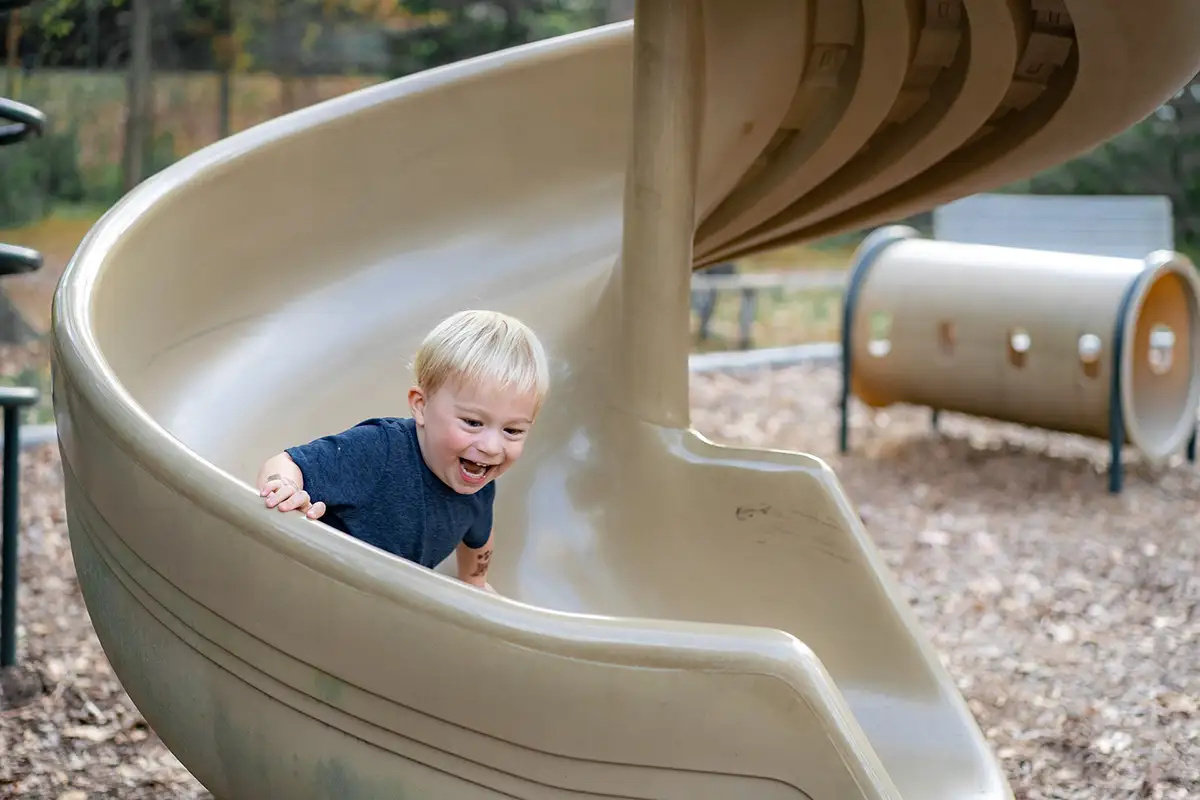
NDIS support for carers
Family and friends
They say it takes a village to raise a child, meaning that every parent relies on their circle of support: family, friends, and others in their community. Don’t be afraid to ask for help, whether it’s practical help or just having someone to talk to when things get tough. Most people are happy to support you.
Your family doctor
You can see your GP about your child’s health and growth.
Child and family health nurses
Child and family health nurses can help you learn about looking after a baby. For example, they can help you learn how to:
breastfeed your baby
wash your baby
change your baby’s nappy.
As your child grows, child and family health nurses can also:
check your child is developing well
help you learn about introducing solids, toilet training, sleep and children’s behaviour.
If you need more help, child and family health nurses can give you information about where to get extra help.
Disability advocates
Disability advocates may have parenting resources available, or people who can help connect you with the support you need. Below is a list of the main disability advocacy organisations around Australia. There are many advocacy organisations specific to disability type, which we haven’t listed here, but the organisations below will be able to connect you with those if necessary. You can also use the Disability Advocacy Finder tool.
National: People with Disability Australia (PWDA)
Australian Capital Territory: ADACAS Advocacy, Advocacy for Inclusion (AFI)
New South Wales: Disability Advocacy NSW, IDRS
Northern Territory: Disability Advocacy Service Inc. (DAS)
Queensland: Disability Advocacy Pathways, Speaking Up For You (SUFY)
South Australia: Disability Advocacy and Complaints Service of SA (DACSSA), Disability Rights Advocacy Service Inc. (DRAS)
Tasmania: Speak Out Advocacy
Victoria: Positive Powerful Parents, STAR Victoria, Victorian Advocacy League for Individuals with Disability (VALID)
Western Australia: Developmental Disability WA (DDWA), People With Disabilities WA (PWDWA)
Learn more about advocacy on our blog.
Online and phone services
You can also get support from online and telephone services, including:
Triple P Positive Parenting Program – free online parenting course
the parenting helpline in your state or territory.
